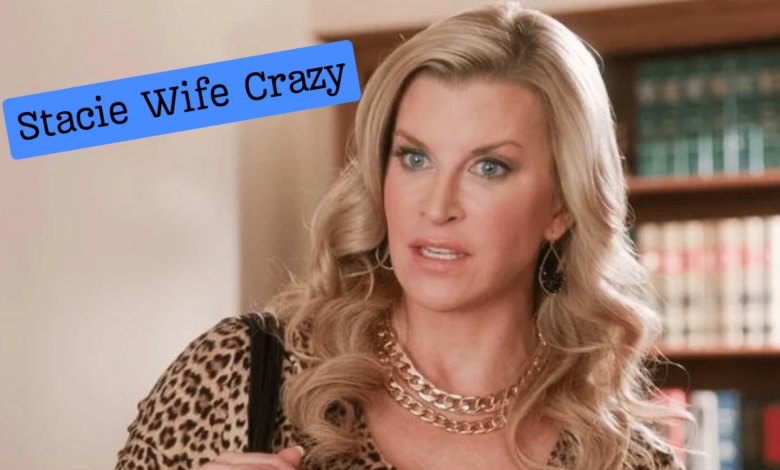The Enigma Behind Stacie Wife Crazy: A Deep Dive into Internet Stereotypes

In an era where internet vernacular shapes perceptions and dialogues, the phrase Stacie wife crazy emerges as a curious case study. This article endeavors to dissect the layers behind the phrase Stacie’s wife crazy, exploring its genesis, societal repercussions, and the broader conversation it ignites about digital culture’s influence on our understanding of personal narratives and stereotypes.
The Genesis of Stacie Wife Crazy
Stacie’s wife crazy seemingly sprouted from the fertile grounds of internet culture, where phrases and memes burgeon and spread with little regard for their origins or accuracy. This phrase, Stacie’s wife crazy, transcends its literal meaning, encapsulating a narrative that resonates with many, irrespective of its fictional or anecdotal roots. It represents a broader dialogue about the dynamics of relationships, the quickness to judge, and the simplicity with which complex human behaviours are labelled.
Dissecting the Stereotype
At the heart of Stacie wife crazy lies a stereotype that risks oversimplifying and stigmatizing mental health and behavior. This stereotype, woven inadvertently through the use of Stacie’s wife’s crazy, challenges us to confront our biases and the ease with which we categorize behaviours that deviate from the norm as ‘crazy’. It’s a call to delve deeper, seeking understanding rather than labelling.
Cultural Reflections and Repercussions
The proliferation of Stacie’s wife crazy across forums and social discussions mirrors a societal penchant for sensationalism over substance. It’s a phenomenon that underscores the need for greater sensitivity and awareness around conversations about mental health and relationship dynamics. The phrase Stacie wife crazy thus becomes a lens through which we examine our collective attitude towards what we deem abnormal or entertaining at the expense of empathy and understanding.
FAQs
Q: What does Stacie wife crazy signify in internet culture?
A: Stacie’s wife, Crazy, epitomizes how internet culture can create and perpetuate stereotypes, often at the cost of trivializing severe issues like mental health. It reflects a broader trend of using catchy phrases to summarize complex human behaviours.
Q: How should one interpret Stacie’s wife crazy in discussions?
A: When encountering “Stacie’s wife crazy” in discussions, it’s crucial to approach the phrase with critical thinking and sensitivity. Recognize it as an opportunity to challenge stereotypes and advocate for a more nuanced understanding of individual experiences.
Q: Can the phrase Stacie wife crazy contribute to constructive dialogues?
A: Yes, if used appropriately, Stacie’s wife, Crazy, can serve as a springboard for discussions about the dangers of stereotypes, the importance of understanding mental health, and the need for compassion in our judgments and labels.
Conclusion
The phrase Stacie wife crazy is more than a mere blip in the vast expanse of internet culture; it reflects how digital discourse shapes and sometimes distorts our understanding of human behaviour. By unpacking the layers behind Stacie wife crazy, we uncover a complex interplay of stereotypes, societal judgments, and the ongoing struggle for empathy in the digital age. It’s a reminder of the power of words and the importance of approaching our conversations with care and consideration.



